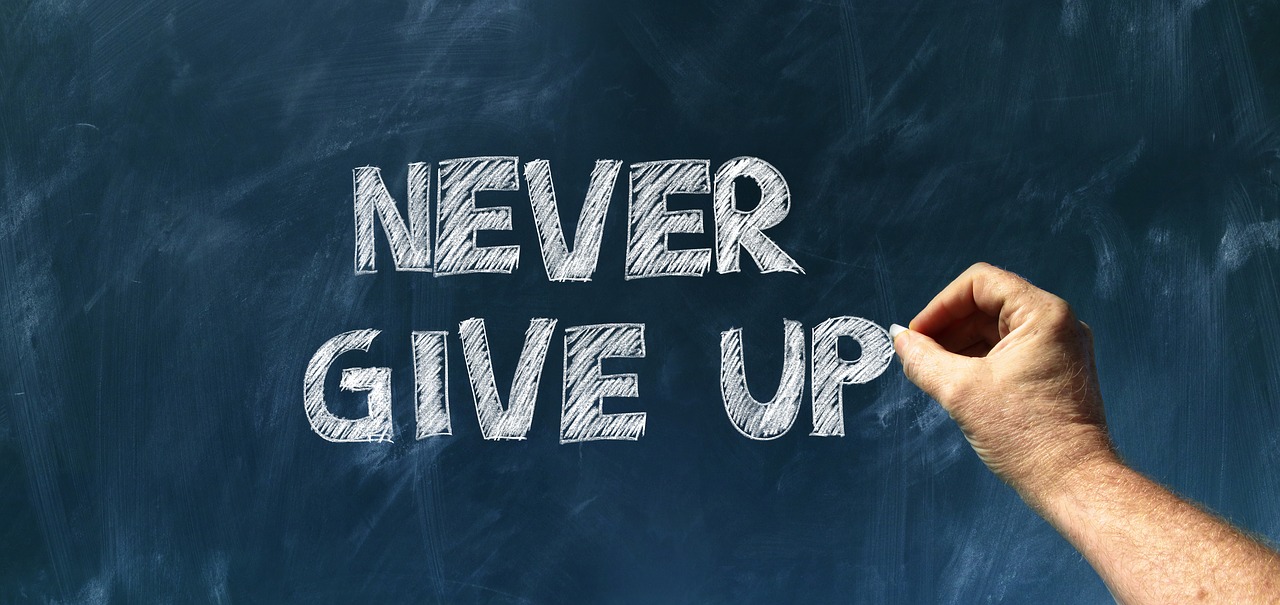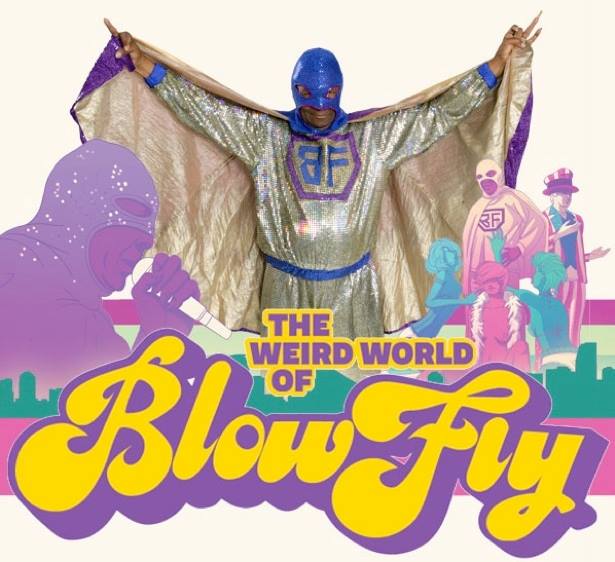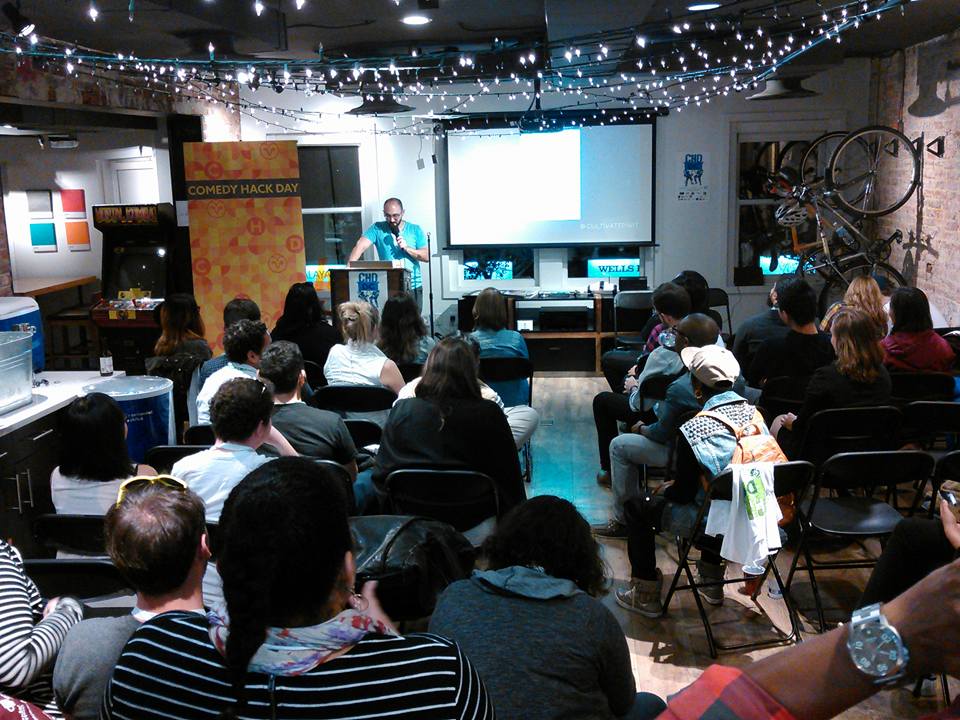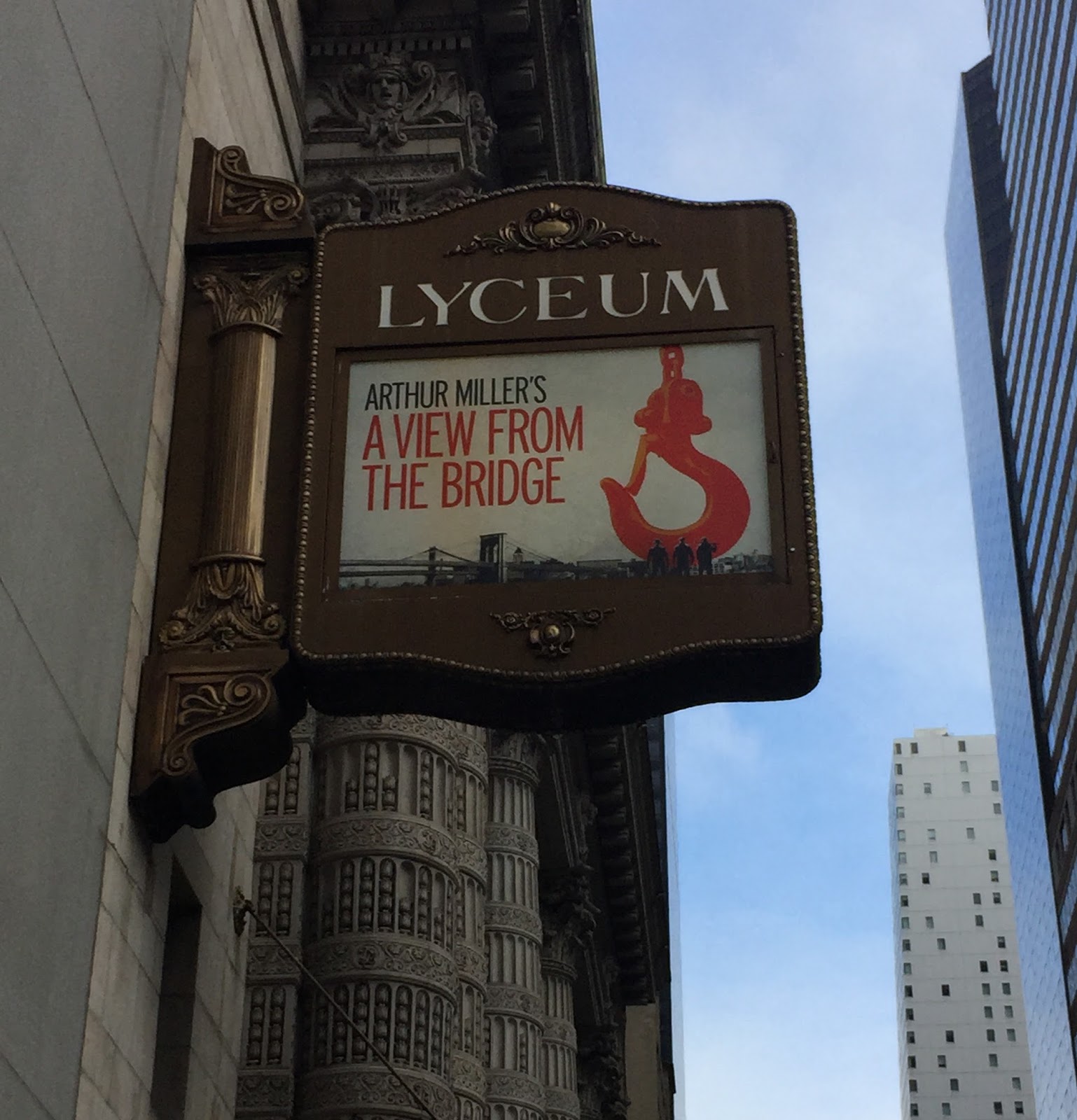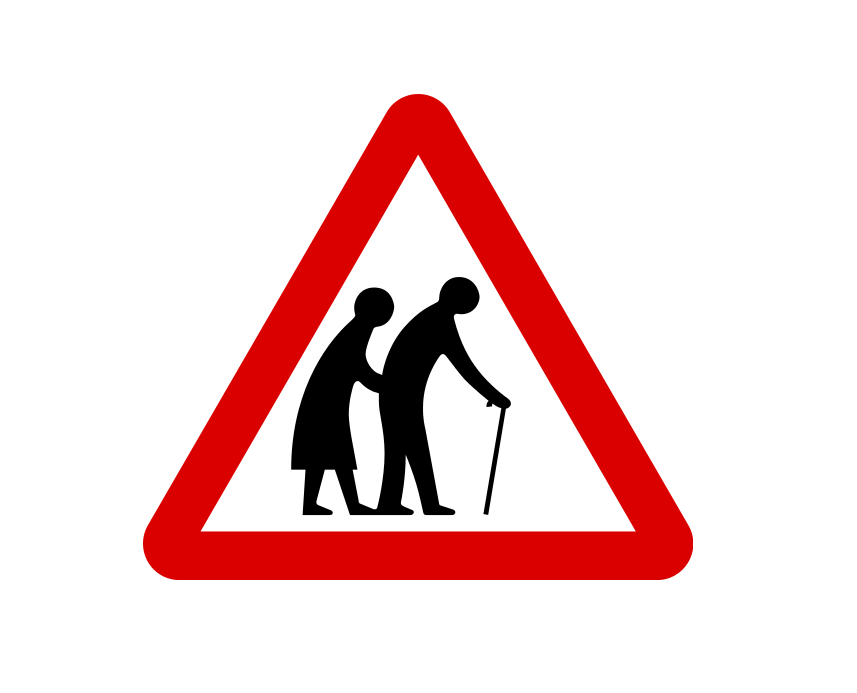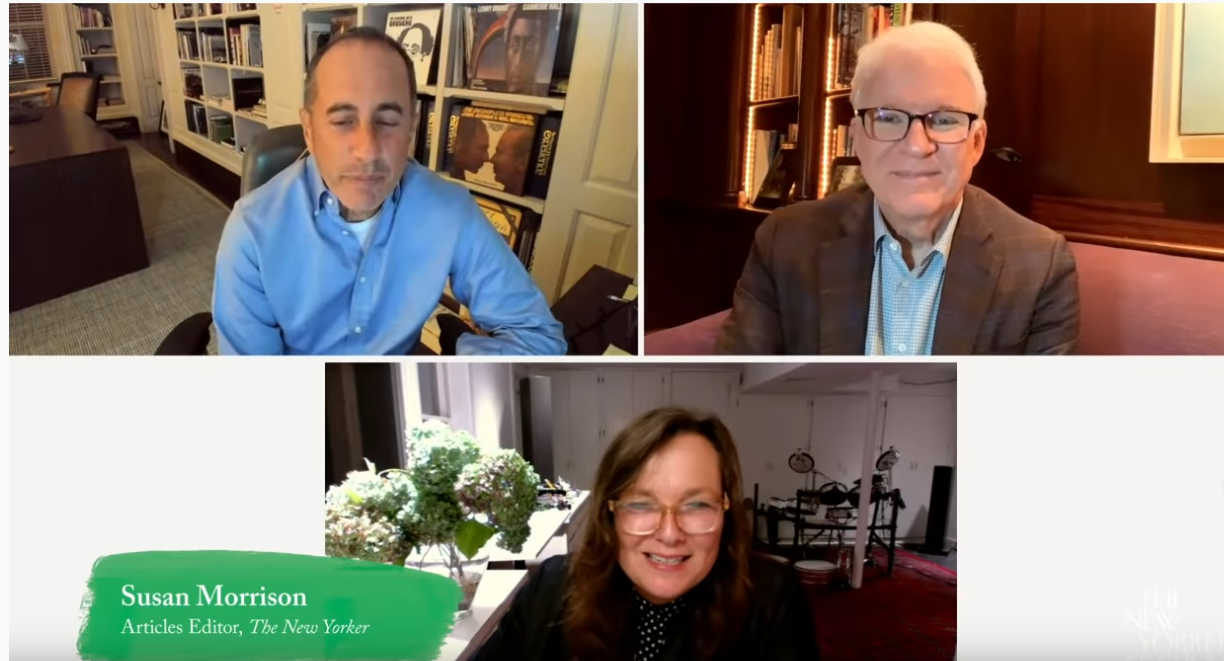
It was one of those days when nothing went right. After a weekend of dealing with personal issues, I was drained of energy when I remembered it was time to prepare for the next for Stage Time magazine post. While waiting for the motivation to kick in (also known as stalling for time) I noticed the weekly conversation on Twitter held by Lolly Daskal about leadership. That tweetchat inspired me, and I found it necessary to read the additional posts on her website’s blog. The one that hit home with me was Stay Vulnerable Even When It Hurts.
During my third year of comedy, I realized I was making mistakes described in the Nine Warning Signs By An Amateur Artist from the Skinny Artist website:
1. Amateur artists wait for inspiration.
2. Amateur artists work until something else comes up.
3. Amateur artists are constantly changing their focus.
4. Amateur artists believe that if they build it, you will come.
5. Amateur artists believe that success will happen quickly.
6. Amateur artists believe they don’t need schedules or organization.
7. Amateur artists never finish their work.
8. Amateur artists are too busy learning to do anything.
9. Amateur artists isolate themselves from the artist community.
(I highly recommend reading the entire article. The Skinny Artist website is filled with excellent blog posts on artistic creativity, development, and growth, and communication.)
As an artist, I learned to accept the fact that everyone will not appreciate my work. Once I realized these nine steps were hurting my artistic growth, I worked hard to eliminate as many of them as possible. When comedians are performing onstage, most will allow themselves to become vulnerable in order to win acceptance from the audience. As a writer, I discovered I was more sensitive when receiving feedback on my articles. I was required to change my thinking if I wanted to continue as a writer.
Become passionate about your work.
Once you become passionate about your work, you’ll find your words and thoughts filling up the pages very quickly. If I find myself in a state of staleness, I will review previous articles that I’ve written for inspiration. Reviewing my list of potential interviewees is also a great kick in the pants for me. When presented with the opportunity to interview people I admire and respect, it eliminates any chance for me to produce lackluster articles. This attitude stimulates me to develop creative ways to make each article as entertaining and informative as possible.
 Realize not every release will become a hit.
Realize not every release will become a hit.
I’d like you to think about your favorite band for a minute. Do you remember when you purchased their latest CD (or iTunes release), and some of the songs didn’t quite do it for you? You still love the band, but sometimes it’s impossible to enjoy every song. Meanwhile, the band is writing, recording, and touring because it is a business requirement. Writing is my band and the articles are my songs. Not every article is going to become a hit. But if I want to stay in this business, I had to learn how to continue writing – especially during times I lacked a muse for inspiration. At one point, I felt vulnerable every time I wrote something. Lolly’s suggestions for dealing with vulnerability are excellent!
In times of vulnerability:
· Read biographies: see how others have struggled through their fragile moments and survived.
· Start journaling: see where you need to remain open and admit your fragility, admitting vulnerability creates intimacy.
· Begin self-reflection: taking the time to go inward, begins with you, it gives you the answers are seeking.
If I had known about these steps when I began writing, dealing with self doubt and being vulnerable would be non-issues. Through trial and error, I discovered how to tackle those problems. It was a delight to find a resource that addressed this issue. The challenges which plagued me the most in writing articles and jokes included:
1. Who was my audience?
2. What topics am I going to discuss with them?
3. Will the topics be interesting to them?
4. How will I know the results?
My decision was to take action. I made a plan based on what I wanted to achieve and measured the results. If you’re working out new material onstage, the audience will let you know if your jokes worked. If you’re writing articles, I suggest taking a chance and asking for feedback from your readers. Most importantly, thank people for their responses and replies! I’m truly grateful anytime someone attends my performances or reads my articles. If only I could remember the names of everyone I’ve met!
Remember: Not every comment will be a positive one. Allowing yourself to remain vulnerable might provide you with the ability to learn from your artistic endeavors. From personal experience, I can honestly say it wasn’t easy learning this process. Those are the times where finding a coach like Lolly (virtual coaching counts) can help you stay focused and Lead from Within.
You can join Lolly every Tuesday for her weekly tweetchat #leadfromwithin at 8pm.
Continue your artistic growth!
© 2013 Wayne Manigo


